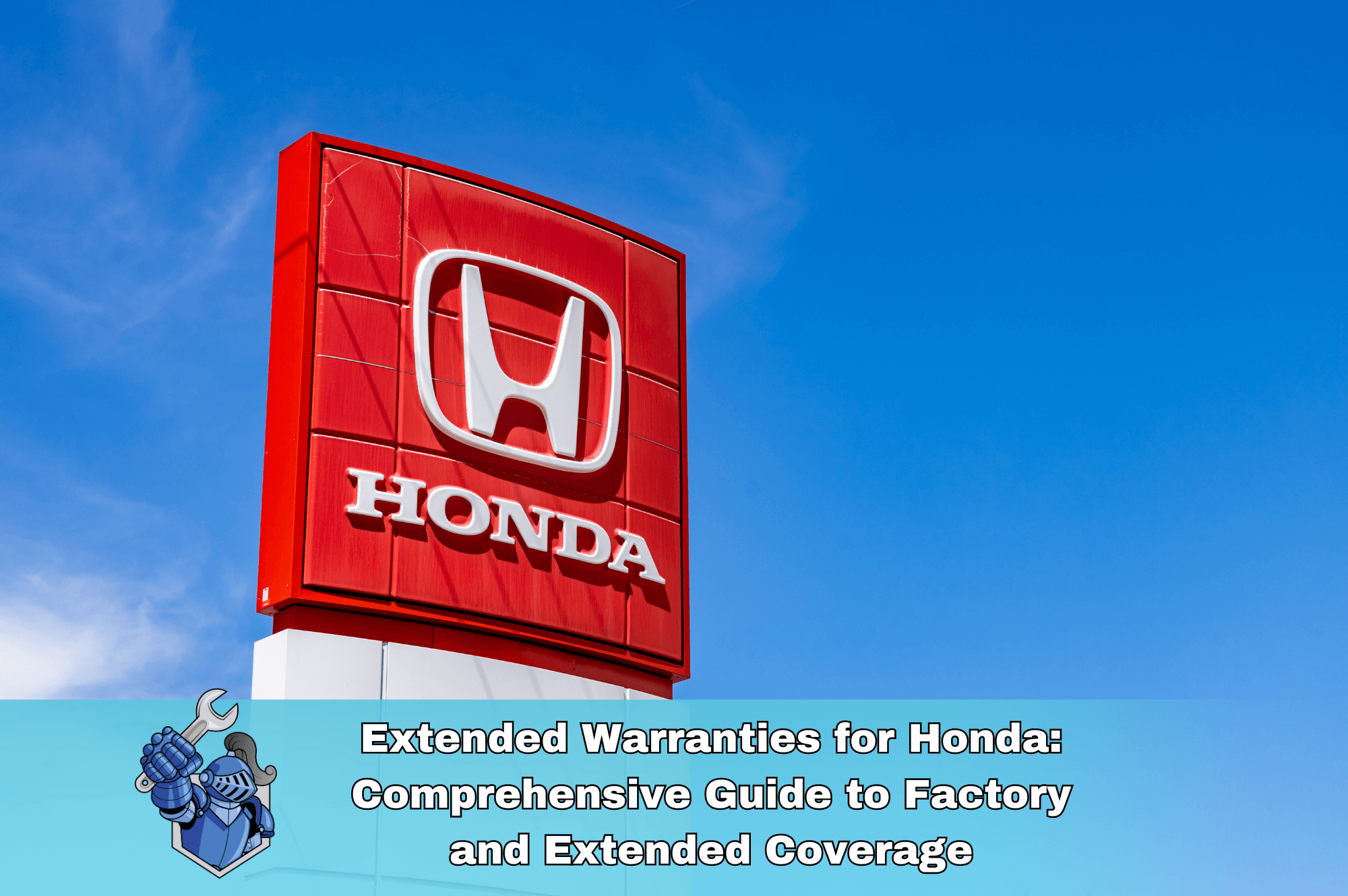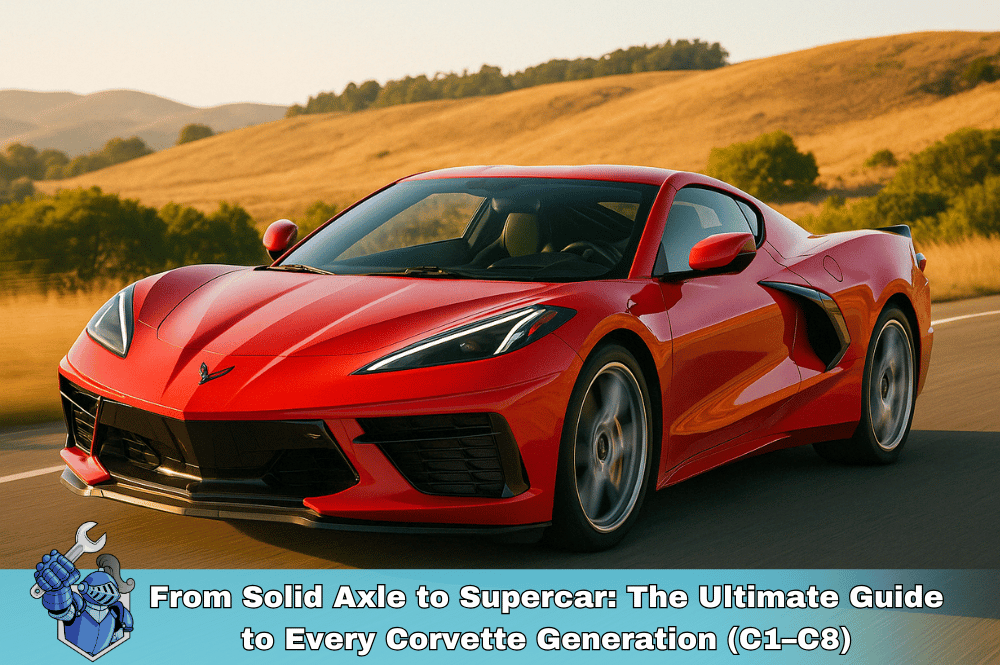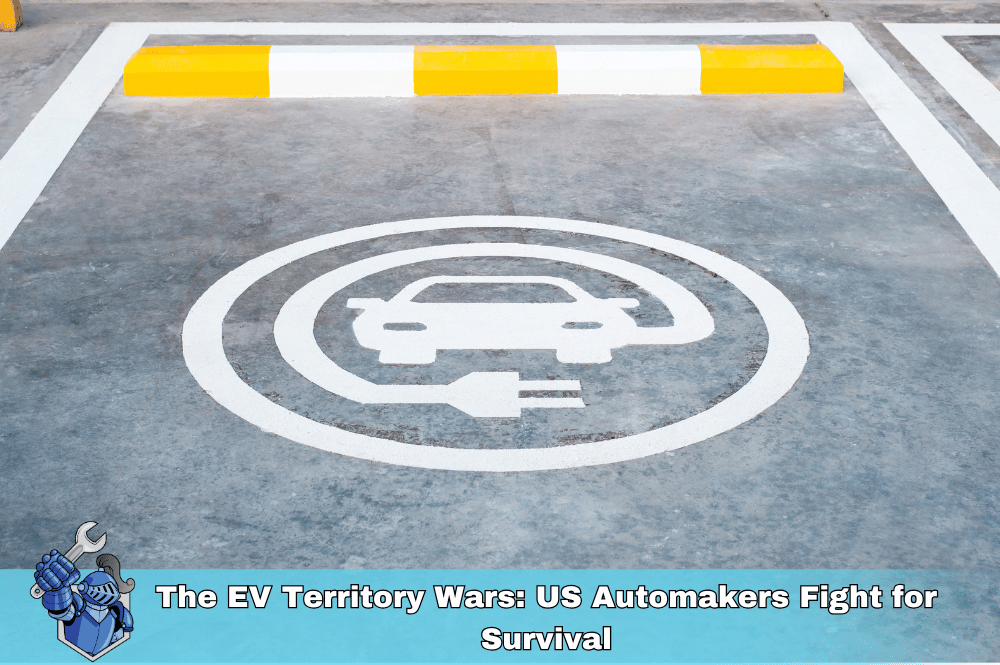When it comes to owning a Honda, reliability and longevity are often two of the most celebrated qualities. Honda vehicles are known for their durability, but even the most dependable cars can experience unexpected issues. That’s where extended warranties come into play. In this comprehensive guide, we will delve into the factory coverage provided by Honda, discuss the expiration terms, service information, and explore the benefits of opting for an extended warranty.
Understanding Honda's Factory Warranty
Basic Coverage
Honda offers a robust factory warranty to provide peace of mind to new car owners. This warranty includes:
- Bumper-to-Bumper Coverage: Honda’s New Vehicle Limited Warranty covers most components of your vehicle, from bumper to bumper, for 3 years or 36,000 miles, whichever comes first. This includes repairs needed to correct defects in materials or workmanship.
Powertrain Coverage
- Powertrain Limited Warranty: The powertrain warranty extends to 5 years or 60,000 miles and covers essential components such as the engine, transmission, and drivetrain. This ensures that the critical parts of your vehicle are protected against defects.
Rust Perforation and Corrosion
- Rust Perforation Limited Warranty: Honda covers rust perforation for 5 years with no mileage limit. This coverage is particularly beneficial for drivers in areas with harsh winters or high humidity levels, where rust can be a significant issue.
Emission Warranty
- Federal Emissions Warranty: This warranty varies by state and is designed to ensure your Honda meets federal and state emissions standards. Typically, it covers components such as the catalytic converter, engine control module, and other emissions-related parts for 3 years or 36,000 miles.
Expiration Terms and Service Information
Understanding Expiration Terms
Honda’s factory warranties have clear expiration terms based on time or mileage, whichever comes first. It is crucial to keep track of these terms to avoid unexpected repair costs once the warranty expires. Regular maintenance and inspections can help identify potential issues before your warranty coverage ends.
Authorized Honda Service Centers
To maintain the validity of your warranty, it is essential to have your vehicle serviced at authorized Honda service centers. These centers have trained technicians who use genuine Honda parts, ensuring that your vehicle receives the best care and that any repairs are covered under the warranty.
Importance of Regular Maintenance
Regular maintenance, as outlined in your Honda owner’s manual, is vital for keeping your vehicle in top condition and ensuring that your warranty remains valid. This includes:
- Oil Changes: Regular oil changes are crucial for engine health.
- Tire Rotations: Rotating your tires helps ensure even wear and prolongs their lifespan.
- Brake Inspections: Regular brake inspections can prevent more significant issues down the line.
- Fluid Checks: Ensuring all fluids are at optimal levels is essential for the smooth operation of your vehicle.
Exploring Extended Warranty Options
Why Consider an Extended Warranty?
As your Honda's factory warranty nears its expiration, you might consider purchasing an extended warranty. An extended warranty provides additional coverage, protecting you from the high cost of unexpected repairs and giving you continued peace of mind.
What Does an Extended Warranty Cover?
Extended warranties can vary widely in terms of coverage. Typically, they offer protection for major vehicle systems and components, such as:
- Engine and Transmission: Coverage for the most critical and expensive components of your vehicle.
- Electrical Systems: Protection for complex electronic components and systems.
- Air Conditioning and Heating: Ensures comfort systems are covered.
- Suspension and Steering: Covers essential driving components.
- Additional Perks: Many extended warranties include additional benefits such as roadside assistance, rental car reimbursement, and trip interruption coverage.
Choosing the Right Extended Warranty
When selecting an extended warranty for your Honda, consider the following factors:
- Coverage Levels: Ensure the warranty covers the components most important to you.
- Deductibles: Understand the deductible you will be required to pay for repairs.
- Exclusions: Be aware of any parts or services not covered by the warranty.
- Transferability: Some warranties are transferable to a new owner, which can add value if you decide to sell your Honda.
- Reputation of the Provider: Choose a reputable provider with good customer reviews and a history of reliable service.
NobleQuote’s Extended Warranty for Honda
At NobleQuote, we offer comprehensive extended warranty plans designed to provide you with the utmost protection and peace of mind. Our plans are tailored to meet the needs of Honda owners and include:
- Flexible Coverage Options: Choose from various plans that fit your budget and coverage needs.
- Nationwide Service: Get your vehicle serviced at any authorized repair facility across the country.
- 24/7 Roadside Assistance: Enjoy the confidence of knowing help is just a phone call away.
- Rental Car Reimbursement: Stay on the move while your vehicle is being repaired.
- Transferable Coverage: Increase your vehicle's resale value with transferable warranty coverage.
To learn more about our extended warranty options, visit our Learning Center.
Frequently Asked Questions (FAQ)
What is covered under Honda’s factory warranty?
Honda’s factory warranty covers defects in materials or workmanship for 3 years or 36,000 miles for most vehicle components and 5 years or 60,000 miles for the powertrain.
Can I purchase an extended warranty after my factory warranty expires?
Yes, you can purchase an extended warranty at any time, but it is often more cost-effective to buy it before your factory warranty expires.
Do I need to have my Honda serviced at a dealership to keep my warranty valid?
While it is recommended to service your vehicle at an authorized Honda dealership, you can have your vehicle serviced at any authorized repair facility. Just ensure that genuine Honda parts are used.
What is not covered by Honda’s factory warranty?
Common exclusions include routine maintenance items (e.g., oil changes, brake pads), wear-and-tear items (e.g., tires, wiper blades), and damage from accidents or misuse.
How do I know if an extended warranty is worth it?
Consider the potential cost of repairs, your vehicle's reliability, and your financial situation. If unexpected repair costs could be a burden, an extended warranty might be a wise investment.
Can I transfer my extended warranty if I sell my Honda?
Many extended warranties are transferable, which can enhance the resale value of your vehicle. Check the terms of your warranty for specific details.
How do I file a claim under my extended warranty?
Typically, you can file a claim by taking your vehicle to an authorized repair facility. They will diagnose the issue and contact the warranty provider for approval before proceeding with repairs.
What should I look for in an extended warranty provider?
Choose a provider with a solid reputation, comprehensive coverage options, transparent terms, and good customer service reviews.
By understanding your options for factory and extended warranties, you can make informed decisions that ensure your Honda remains in excellent condition for years to come. At NobleQuote, we are committed to providing you with the best coverage and service, so you can drive with confidence and peace of mind.
For more information or to get a quote, visit our Learning Center.
Additional Resources
For more detailed information on Honda's warranties and other vehicle protection options, check out these external resources:
Suggestions for you
Read MoreLet’s work together
Every week we showcase three charitable organizations that our donations are sent to. Our clients are able to choose which of these three will receive their gift when they add coverage to their vehicle...




